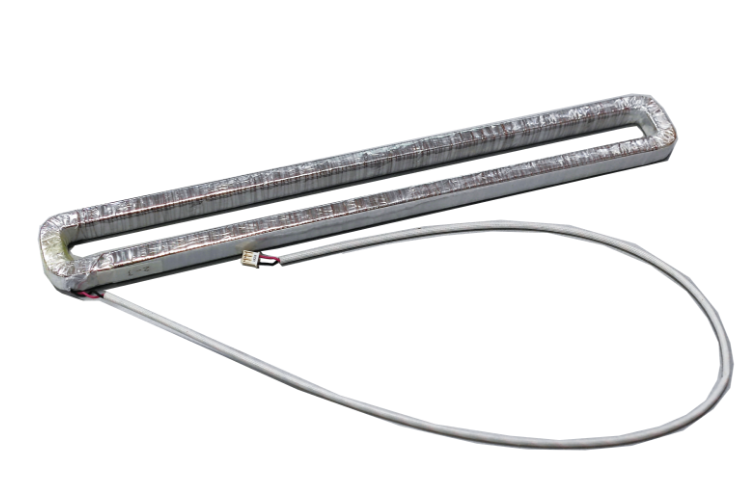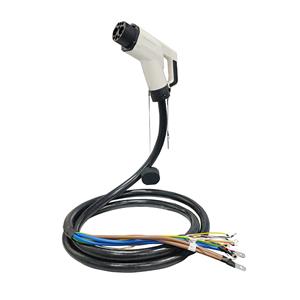Ground Fault Protection Current Transformers
Ground Fault Protection Current Transformers (GFP CTs), often abbreviated as GFCIs, are essential safety devices in electrical installations. Their primary function is to provide protection against ground faults, which are electrical currents that unintentionally flow through the grounding path instead of intended circuits, posing serious fire and shock hazards.

GFCIs consist of a transformer core and windings that monitor the electrical current flow. When a ground fault occurs, the magnetic field within the core changes, causing a difference in the voltage between the primary and secondary windings. This differential signal triggers a fast-acting relay, which then disconnects the supply, interrupting the flow of electricity to the faulty circuit.
These transformers are commonly used in residential and commercial settings, especially in areas with wet environments, like kitchens and bathrooms, where the risk of electrical accidents is higher. By integrating into circuit breakers, meters, or dedicated GFCI outlets, they offer a failsafe mechanism to prevent electrical fires and protect individuals from electrical shocks.
In summary, Ground Fault Protection CTs are vital safety components that safeguard against ground faults, ensuring the reliable and secure operation of electrical networks while promoting public safety. Keywords: Ground Fault Protection, Current Transformer, Electrical Safety, Fault Detection, Fire Prevention.




